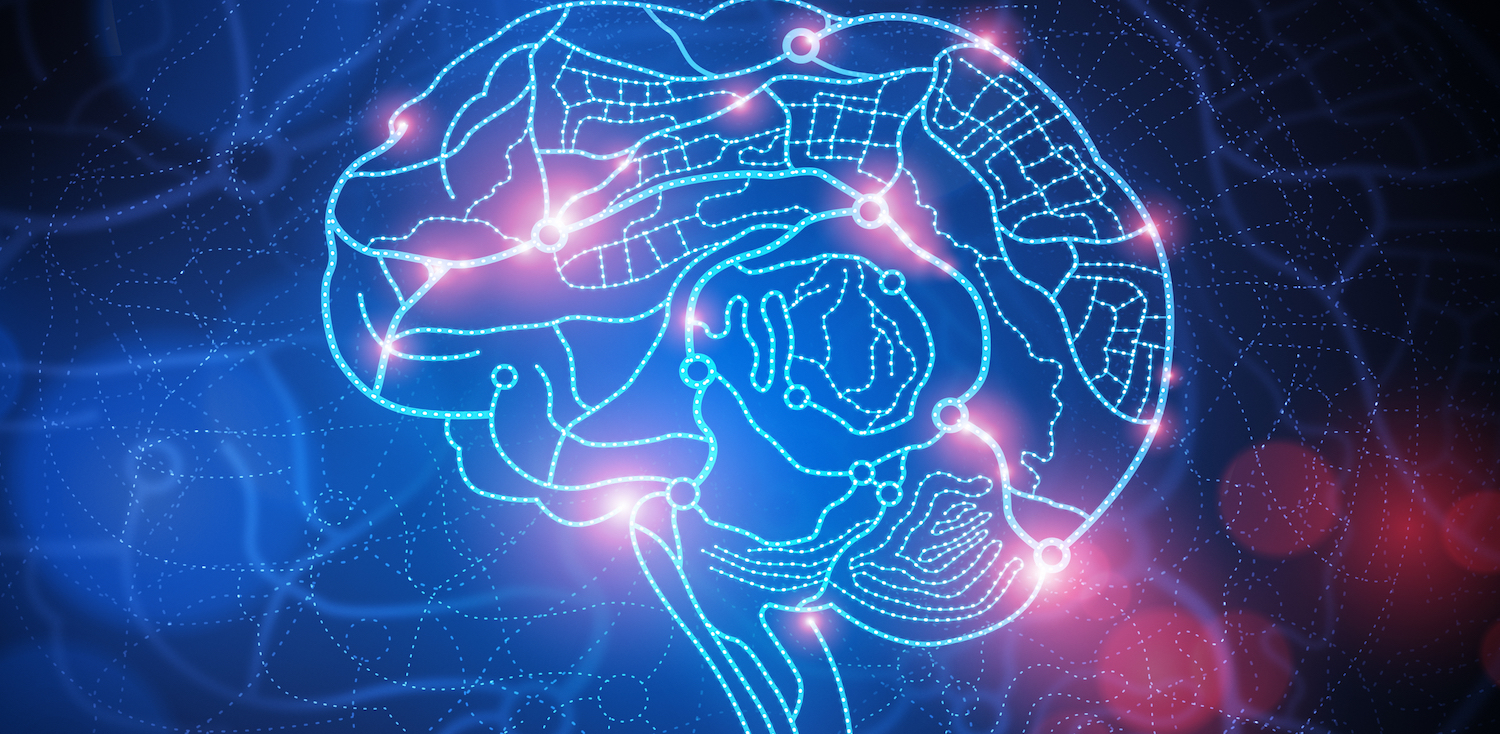Andrew Hill, writing in the Financial Times.
New developments in technology mean we can observe brain activity and identify brain patterns real time and in response to different stimuli. Neuroscientists have experimented with what happens in the brain when a person is faced with an ethical or moral dilemma. If we can observe and measure ethical decision making, can we control for it, and can we strengthen the capacity in ourselves and in the teams we lead?
The most commonly used technology is fMRI functional magnetic resonance. The promise the technology offers is access to ‘hard’ and ‘objective’ data to measure the ‘soft-skills’ of leadership traditionally evaluated by more subjective self-reporting or observation.
Chris Phillips runs Grey Matta Solutions, a leadership consultancy that uses the findings of the latest neuroscientific understanding of decision making to help companies identify strengths and weaknesses, and create a tailored program of change.
When it comes to making decisions we use our whole brain, “or the bit between the ears,” he explains. “The brain is split into two hemispheres and three parts: the posterior part for processing, the mid brain which is the action part and frontal cortex is the decisive or logic part of the brain. We need the whole brain in ethical decision making.”
“Researchers can track what happens when an ethical dilemma is put to a person, what lights up and doesn’t. We can pick up patterns of behaviour that give us insight into what will happen in different cirucumstances, and so make behaviour more predictable” he says.
Gray Matta Solutions use a tool called PRISM to map and predict the behaviour of individual leaders or teams. This, says Phillips, gives individuals a greater understanding of the way they operate, influence and respond, and what influences their decision making processes. “It’s about understanding rather than branding people into a certain package.”
How does brain mapping build ethical leadership?
The biggest tool that the exercise provides, says Chris, is understanding. Understanding allows leaders to modify their behaviour. “As soon as you become aware of something you start working on it, whether you want to or not.” And with the awareness that our brains are ‘plastic’ (able to change and adapt) we can modify ingrained habits and improve our default behaviour.
“We rebuild their default position so next time they are put under pressure, they don’t behave in the same way they would normally.”
Decision-making under pressure
One learning from neuroscience that Chris finds particularly useful is the role of regulations and compliance that compel rather than encourage accepted behaviour:
“No one likes being told what to do. When you are told what to do and how you must do it, it raises stress levels, and you start operating with the posterior cortex of the brain, stop applying logic and mistakes are more likely to be made.”
He believes a tendency to over regulate has an impact on an employee’s ability to act ethically. “When we bring in another rule, it puts restriction on the organisation, causing resentment because restrictions mean you are not doing business logically. If you are not doing business logically, you can’t be ethical about it.”
Knowledge brings accountability
Mapping the brain, says Chris, works to support ethical decision making and ethical working environments. “It highlights your own accountability and the part you play in society. If we can get individuals to be more accountable for how they interact on a daily basis we are going a long way to encourage better decision making, a better society and a work place that is a lot more fun.”
Chris Phillips, AFAIM is Managing Director and Founder, Grey Matta Solutions. He is an expert in human capital and a passionate student of brain biology as it relate to human motivation and behaviour.
You can hear more of the interview with Chris on the monthly AIM leadership podcast, Insight Edge.
One day, neuroimaging will tell recruiters more about their potential — and how to realise it — than their MBA certificates ever did.



